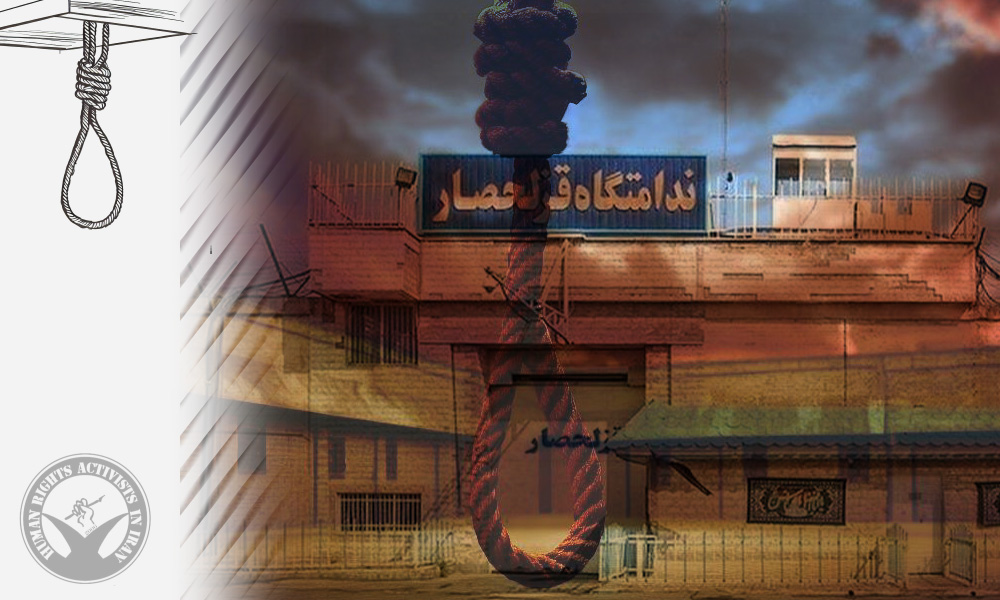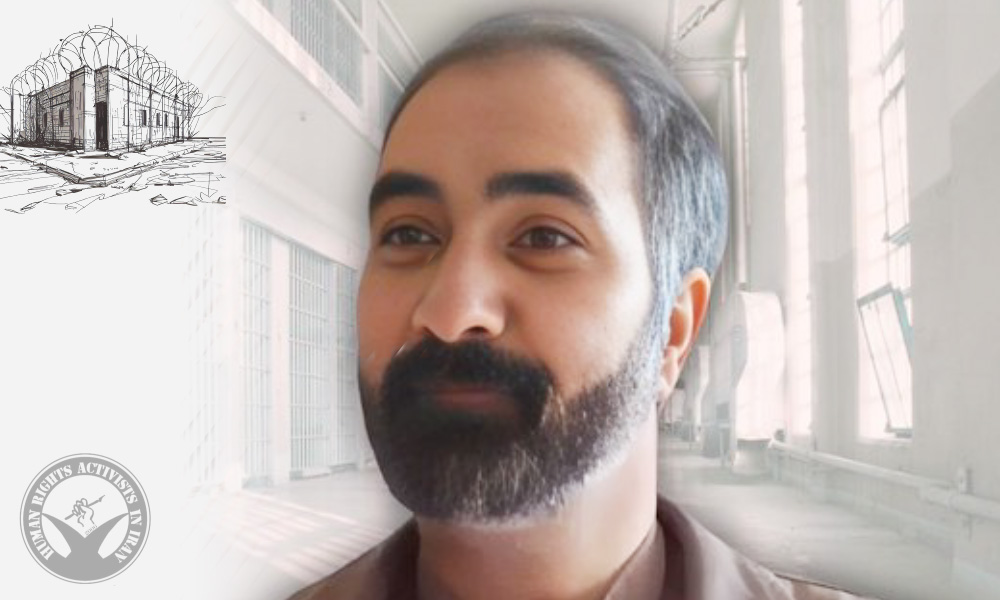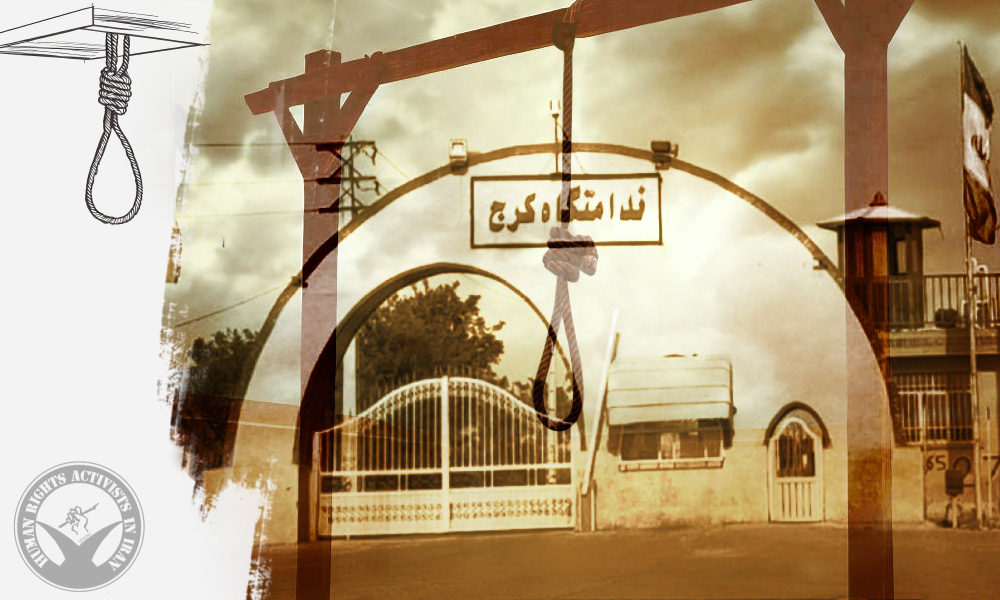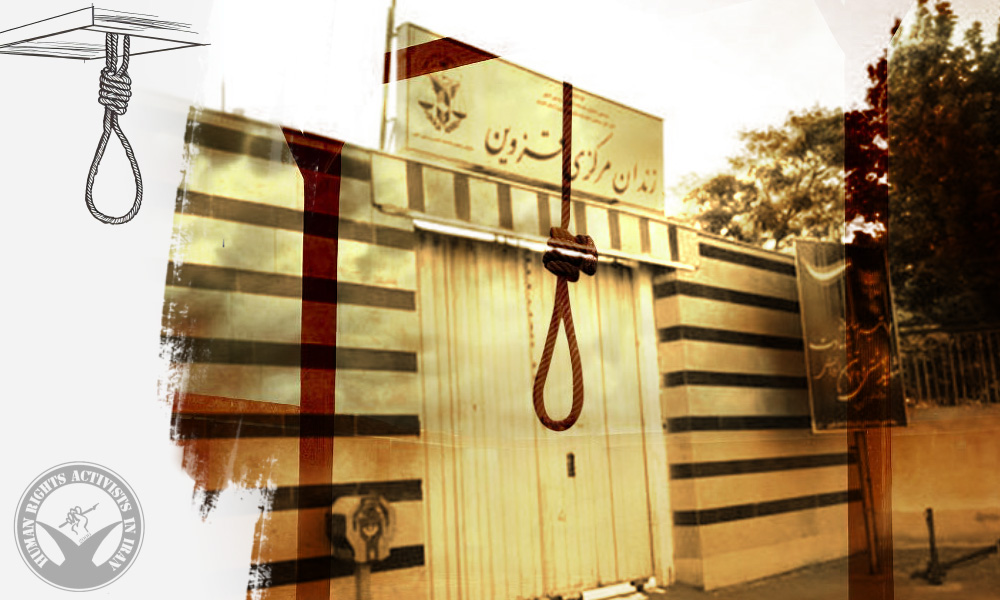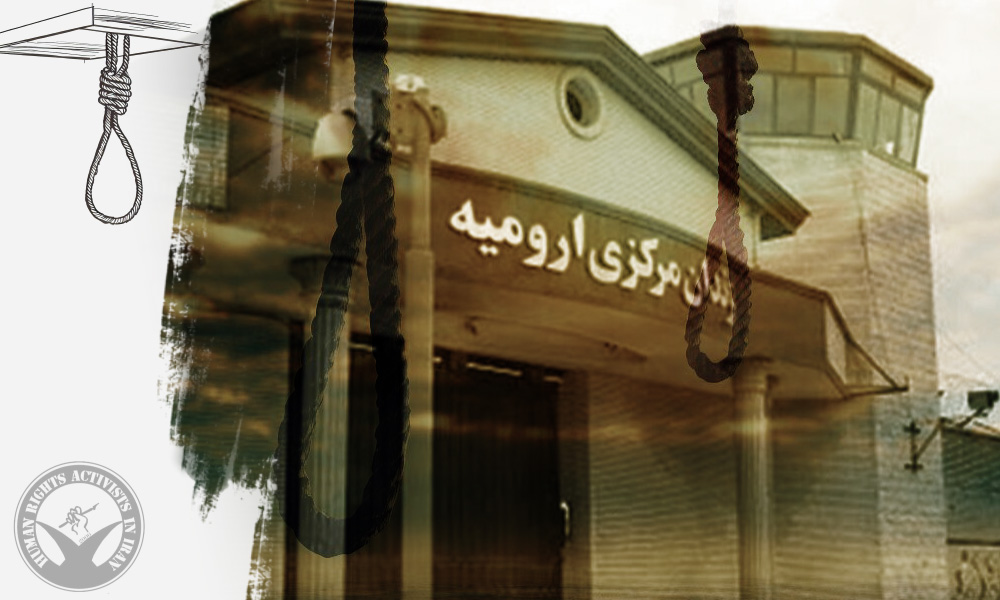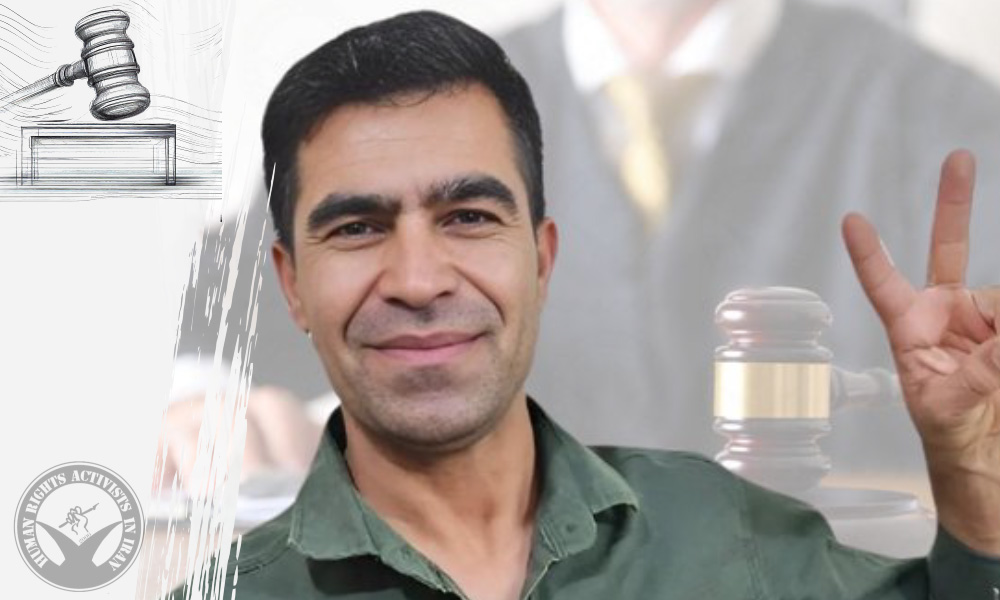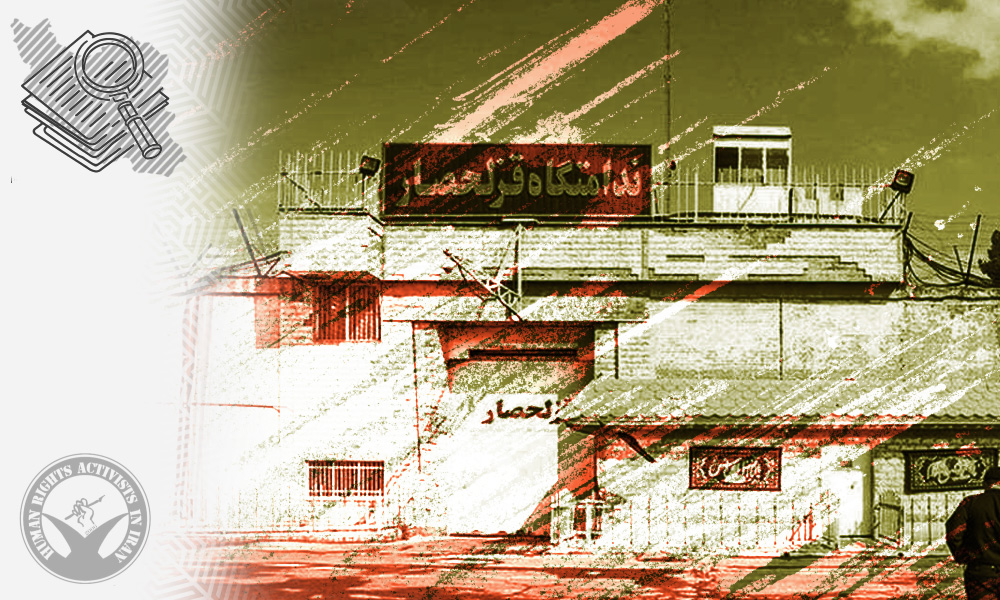At dawn on October 2, at least seven prisoners were executed in Ghezel Hesar Prison in Karaj. Among them, two had been convicted of drug-related offenses, three—one woman and two men—were convicted of murder, and two Afghan nationals had been sentenced to death for rape.
According to a previous report by HRANA, Hamzeh Shahbazi and Fazlollah Pournasiri were sentenced to death for drug-related charges, while the two Afghan nationals were convicted of rape. The other three prisoners, convicted of murder, had received death sentences from criminal courts. One of the male prisoners was identified as Behnam Hossein Dastjerdi.
Details of several of these cases, as reported by Hamshahri newspaper, are as follows:
The two Afghan nationals, whose names were not disclosed, were convicted of raping a woman in western Tehran in 2019. They were part of a joint case involving five other men. One of the defendants was acquitted, while the remaining six were sentenced to death. Four other prisoners in the same case are still awaiting execution.
Regarding the female prisoner executed for murdering her husband, reports indicate that eight years ago, she, along with one of her husband’s friends, strangled her husband and set his body on fire. Despite forgiveness from her child, other family members of the victim, including his mother, sister, and brother, insisted on her execution, which ultimately led to the carrying out of the sentence.
Hamshahri also detailed the case of another male prisoner executed for murder. In 2022, following a dispute over a cigarette pack bet, he and a friend fatally stabbed a man. After his arrest, he confessed to the crime and was sentenced to death. Efforts by him and his family to seek forgiveness from the victim’s family were unsuccessful, leading to his execution.
HRANA has confirmed that Behnam Hossein Dastjerdi, one of the executed prisoners, was the father of an 11-year-old child. He and three other prisoners were moved to solitary confinement on Monday, September 30, in preparation for their executions.
According to data gathered by the Department of Statistics and Publication of Human Rights Activists, Ghezel Hesar Prison in Karaj witnessed the highest number of executions in 2023, with Zahedan Prison following closely behind. For a comprehensive examination of the details and statistics surrounding the executions in Iran, refer to HRANA’s report.



